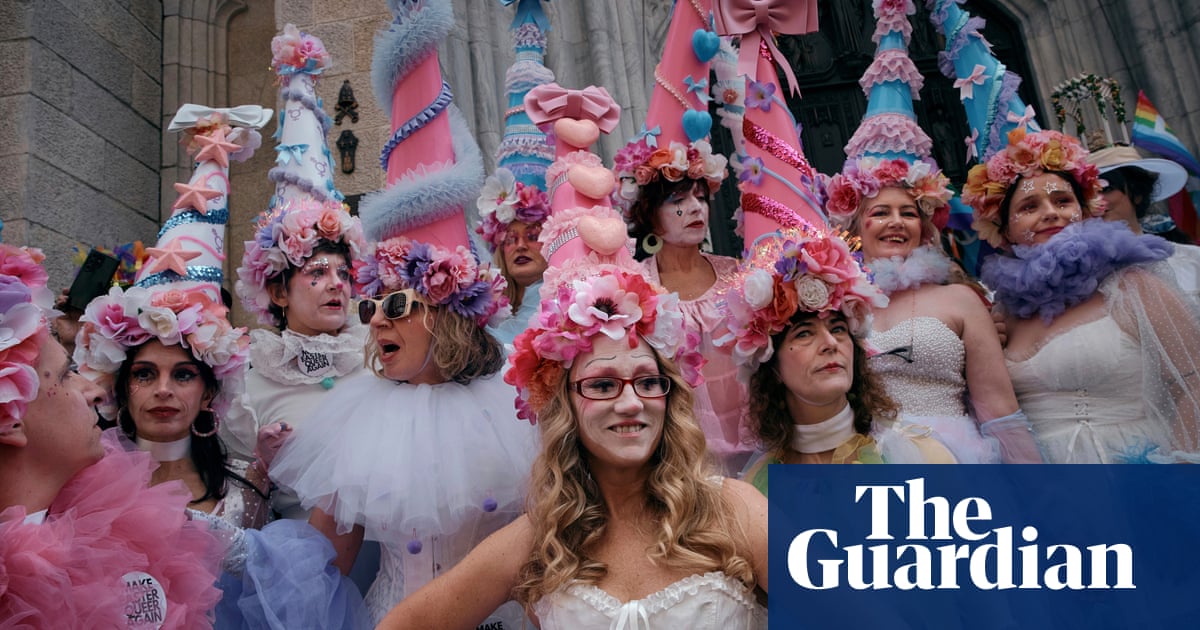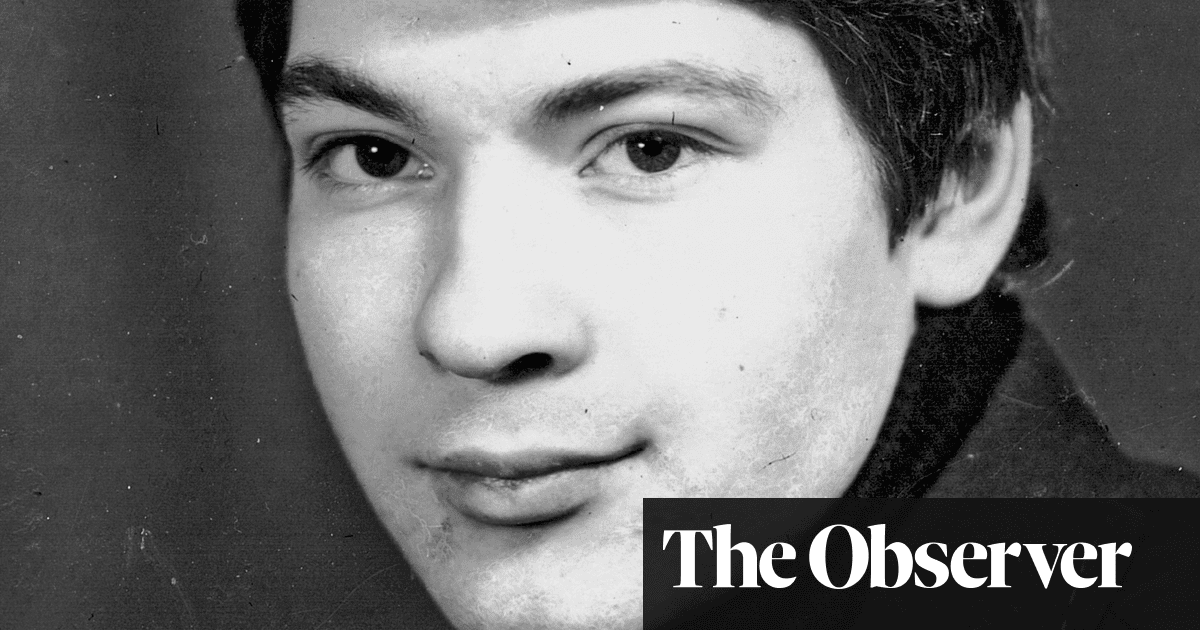Sleep: we know it feels good, we know it’s necessary. But the deluge of guidance, whether from well-meaning sleep scientists or bio-hackers on TikTok, has made falling asleep more fraught than ever. We are now instructed to sleep for seven to eight hours in an undisturbed stretch, with perfectly proportioned REM and Non-REM sleep. We are encouraged to track, count and monitor to achieve perfect sleep. We are told that failing to sleep well raises our risk of heart disease, type 2 diabetes, Alzheimer’s, obesity, depression and death. Little wonder so many of us (37% according to the Sleep Charity) are struggling to sleep. And little wonder that today’s anxiety-fuelled sleep industry is worth a staggering $585bn.
For anyone suffering from less-than-perfect slumber, being constantly reminded that sleep is our superpower has done little more than amplify our sleep anxiety. I was one of these. So when a series of bereavements sent my mild insomnia into overdrive, I took the advice of a sleep scientist who suggested I treat it as a luxurious gift of extra time. Viewed like this, my sleepless nights became a chance to metaphorically travel through new lands, and no longer a “condition” that threatened to kill me.
I used this gift of extra time to investigate the history and science of slumber. And eventually I began to sleep again. This is what I learned:
No one died of insominia
We humans have always experienced periods of short, broken sleep. Letters, diaries and anecdotal evidence going back centuries show night as a time of vigilance, celebration and regular interruption. Be it because of burial ceremonies, bed-sharing, after the Church’s canonical hours, or the age-old disruptions of fire, predators, enemies, storms, caring for babies and the sick, our ancestors routinely incurred periods of sleep deprivation.
Dr Tim Hearn at Newnham College, Cambridge, speculates that the ability to withstand sleep deprivation gave our earliest female ancestors an evolutionary advantage. Those who could endure repeated circadian disruption (think newborn baby) and still function made more resilient (and therefore more desirable) partners. Interestingly, several studies into the effects of sleep deprivation have found no adverse effects for women.
Being awake in the middle of the night is quite normal
Sleeping in two chunks was common until the Industrial Revolution, according to historical research carried out by Professor Roger Ekirch. In Mediterranean countries, it was common until very recently, thanks to the siesta. Many Indigenous people still sleep biphasically.
An interval between first and second sleeps was an opportunity for spiritual or creative reconnection, with many journals revealing that praying was a popular middle-of-the-night activity. For women, night was often a valuable, private time when they could study, write, sketch and reflect. Discovering the night paintings of Lee Krasner and Joan Mitchell, the Insomnia Drawings of Louise Bourgeois and the night writings of dozens of authors encouraged me to follow suit.
Meanwhile, I took heart from Prof Roger Wong, of New York’s SUNY Upstate Medical University, who investigated the effects of wakeful nights. Much to his surprise, he discovered that people who spent time awake (known as sleep maintenance insomnia) were 40% less likely to develop dementia than people who slept solidly all night long.
Stop fretting that you won’t function
Tied to the tyranny of global capitalism, school timetables and a 24-hour internet, few of us can catch up on our shut-eye the following day. This adds to the anxiety of our wide awake nights: as we toss and turn, we fret that we will be too tired to perform. Granted, we may not feel at our best. But the anxiety we sense at night is rarely reflective of reality. I have given many (error-free) speeches after being awake for 35 hours, I have sat and passed exams after sleepless nights, I have raised four children on a decade of threadbare sleep. I’m still here – and it was never as bad during the day as I imagined it would be during the night. Reminding myself of this helped me shed my next-day-performance anxiety.
Meanwhile, studies indicate that how we perceive our broken sleep can affect how well we perform. Which is to say, if we tell ourselves a short night will have no adverse effects on our performance, we function better than if we repeatedly announce that we can’t think properly because we’ve had a bad night.
Understand that we are wired to ruminate at night
It’s quite normal to catastrophise at night. New studies have revealed that the “mind after midnight” is different from its diurnal counterpart. We have evolved to feel more fearful at night. And because some brain regions go into rest mode, we’re less able to control our emotions, to think in a rational and orderly way. Altered hormones hold sway at night, making us feel less cheerful. Now, when I start catastrophising at night, I remind myself that this is my “after midnight mind” – and things will look very different tomorrow.
after newsletter promotion

Look up and out
Re-thinking my insomnia as a “gift of extra time” was the catalyst for discovering the night sky. I took an astronomy course, got a telescope and used my wakeful nights to study the stars, planets and phases of the moon. I found this both distracting and immensely relaxing. I’m not alone: research carried out by Dr Chris Barnes at the University of Derby has found that looking at the night sky makes us feel calmer, happier and more connected. “It provides a sense of place and purpose within our wider universe, and generally in life,” he said. “Being in a place where you feel comfortable with the darkness is a deeply tranquil and restorative experience.”
When I woke in the night, I often went outside and looked up, returning to sleep with record-breaking speed and ease.
Do something creative
The “mind after midnight” often thinks differently, making wakeful nights a wonderful occasion to explore another side of your brain. Dozens of writers and artists that I interviewed while researching my book said they were more imaginative and creative at night. I started using this time to write poetry and lyrics, an experience that probably processed some of the anxieties that were keeping me awake in the first place. In a recent podcast, sleep guru Matthew Walker noted that insomnia is often a result of lingering emotional issues that weren’t addressed during the day. Purged on to the page, my thoughts and worries ceased to keep me awake and I would drift back to sleep.
Keep it dark
Several studies published in the last few months have revealed the crucial role of darkness and the debilitating place of LED lighting when it comes to sleep. For millennia, homo sapiens slept in the safety of caves or light-less shelters, and our bodies appear to benefit – even today – from low illumination during the evening and none during the night. Darkness enables our bodies to produce melatonin but it also removes the constant arousal that accompanies light. So turn down your lamps, and avoid overhead and blue-rich LEDs during the evening. Invest in blackout blinds and a sleep mask for the night.
Understanding our deep physiological and cognitive need for darkness helped me learn to love its softly soothing shades and hues. When I wake in the night and want to write, I use a candle.
It’s equally important to get plenty of sunlight during the day. But here’s the thing: once I stopped obsessing about insomnia and started enjoying my night-time sojourns, that contrary little devil, sleep, returned.
Annabel Abbs is the author of Sleepless: Discovering the Power of the Night Self, published by John Murray and now in paperback £10.99 (available from Guardian Bookshop)

 3 months ago
44
3 months ago
44













































